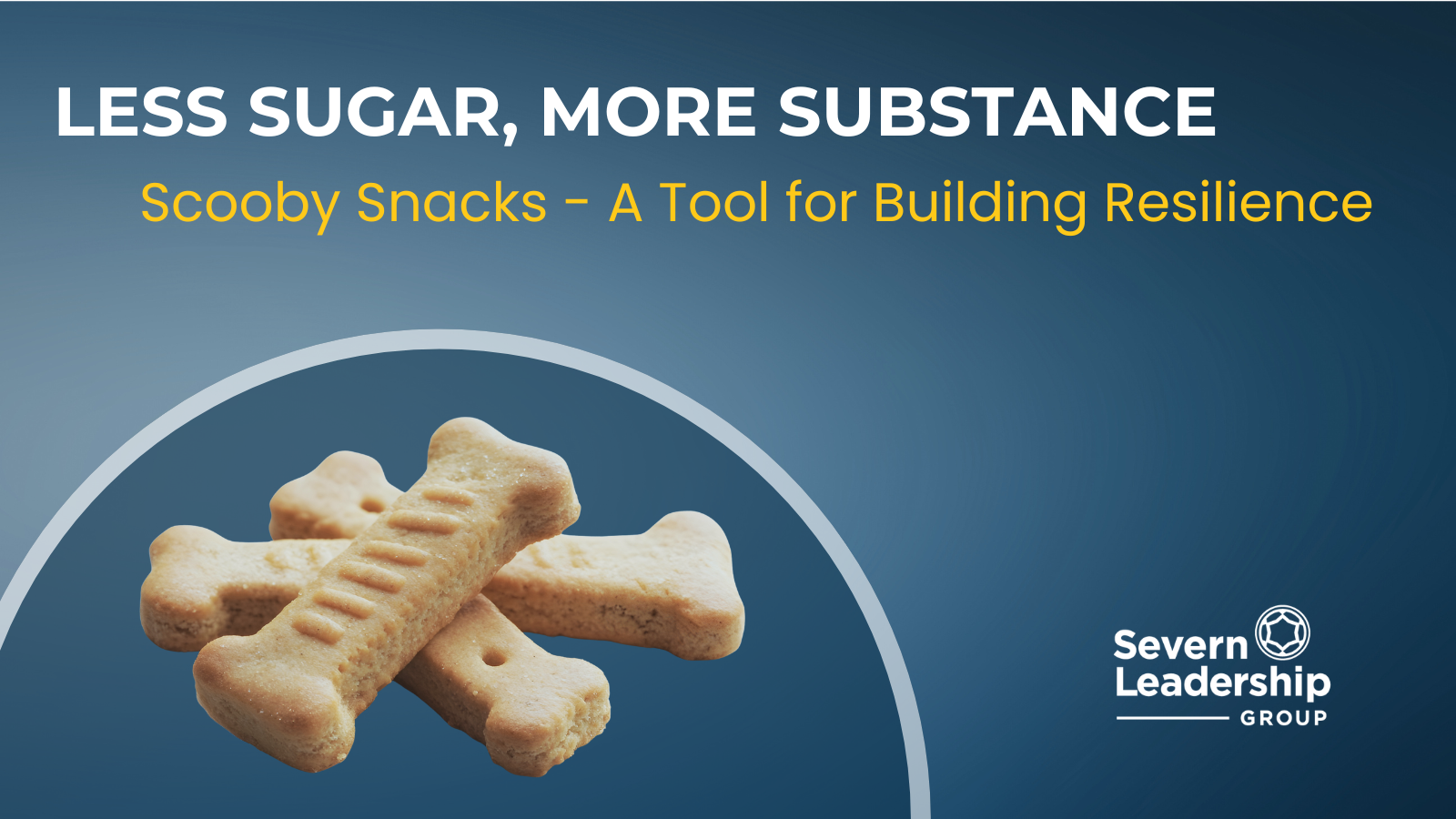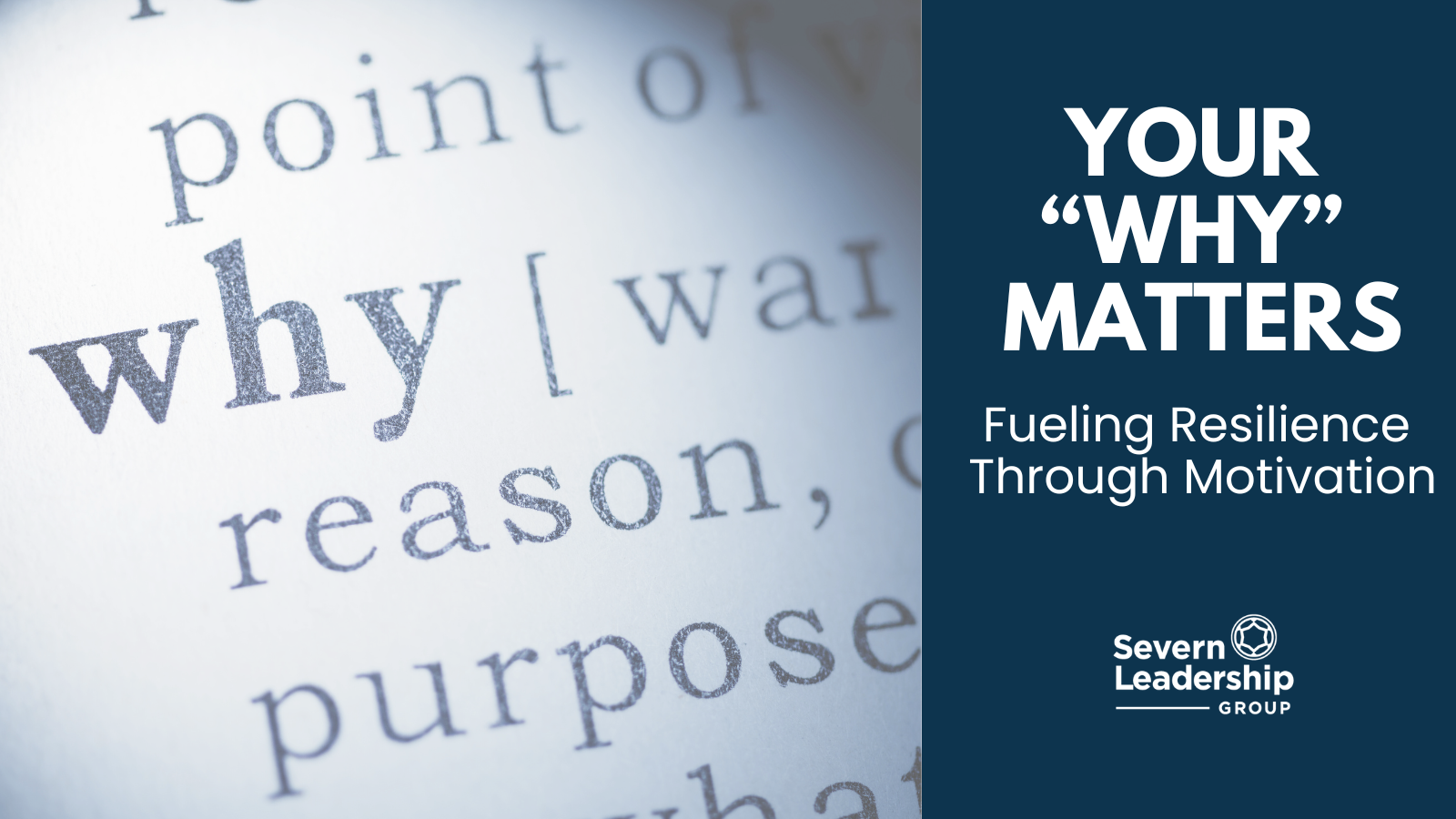Why Live a Life of Selfless Courage?
Why should anyone want to live a life of selfless courage and service to others – above self?


Why should anyone want to live a life of selfless courage and service to others – above self? It is a fair question.
There are a number of ways to respond to this sort of question. Martin Luther King Jr., civil rights leader and Nobel Peace Prize winner put it this way: “Every man must decide whether he will walk in the light of creative altruism or in the darkness of destructive selfishness.”
In the book Give and Take: A Revolutionary Approach to Success by Adam M. Grant, we learn that there are distinct social interaction types associated with being a taker, a matcher and a giver. We can be any of these, none and all of them depending upon whom we are interacting with.
Evidence shows us that most people have a primary style with which they approach their professional interactions – this style can play as much a part in their success as talent, hard work and luck.
While it seems counter-intuitive, studies show that over long time periods individuals which are identified as givers show up on the top and bottom of the performance scales.
Giving; the act of putting someone else’s interest ahead of your own, can be empowering and successful.
Grant had this to say, “This is what I find most magnetic about successful givers: they get to the top without cutting others down, finding ways of expanding the pie that benefit themselves and the people around them. Whereas success is zero-sum in a group of takers, in groups of givers, it may be true that the whole is greater than the sum of the parts.”
Paying it forward, giving, investing in the future – a life of selfless courage, devoted to others and the greater good isn’t a popular idea, or one that you’ll see promoted typically. It seems so out of phase with the media messages of self-centric thinking and ego.
The rewards of contributing to the greater good aren’t always immediate, and they aren’t always tangible. And yet the payoff is greater than most imagine.
I think the answer is probably best expressed by Jim Collins in the conclusion to his book, Good to Great:
In the end it is impossible to have a great life unless it is a meaningful life. And it is difficult to have a meaningful life without meaningful work. Perhaps then you might gain that rare tranquility that comes from knowing that you’ve had a hand in creating something of intrinsic excellence that makes a contribution. Indeed, you might even gain that deepest of all satisfactions; knowing that in your short time on earth has been well spent and that it mattered.
I suspect that all of us desire to live a life that has made a difference, not a life plated in silver and gold, fame and fortune, homes and cars, and other such stuff. Rather we desire to live a life that leaves in its wake others who do the same: embrace that call to lead, inspire, and serve others who serve as beacons of hope and the promise of a better future.
A life of significance.




